SICK FROM WORK
Sick From Work
The body in employment
PAUL BELLABY
University of East Anglia
First published 1999 by Ashgate Publishing
Reissued 2018 by Routledge
2 Park Square, Milton Park, Abingdon, Oxon, OX14 4RN
711 Third Avenue, New York, NY 10017, USA
Routledge is an imprint of the Taylor & Francis Group, an informa business
Copyright Paul Bellaby 1999
All rights reserved. No part of this book may be reprinted or reproduced or utilised in any form or by any electronic, mechanical, or other means, now known or hereafter invented, including photocopying and recording, or in any information storage or retrieval system, without permission in writing from the publishers.
Notice:
Product or corporate names may be trademarks or registered trademarks, and are used only for identification and explanation without intent to infringe.
Publishers Note
The publisher has gone to great lengths to ensure the quality of this reprint but points out that some imperfections in the original copies may be apparent.
Disclaimer
The publisher has made every effort to trace copyright holders and welcomes correspondence from those they have been unable to contact.
A Library of Congress record exists under LC control number: 99073631
ISBN 13: 978-1-138-34550-8 (hbk)
ISBN 13: 978-1-138-34551-5 (pbk)
ISBN 13: 978-0-429-43784-7 (ebk)
Contents
The work drawn together in this book has been carried out over a considerable period, and so I have many debts, some to referees reports on papers that have been or are about to be published:
(1986)Please boss, can I leave the line? A sociological alternative to stress and coping discourse in explaining sickness at work. International Journal of Sociology and Social Policy 6: 52-68.
(1987) The perpetuation of a folk model of the life cycle and kinship in a pottery factory, In Bryman, A., Bytheway, W., Allatt, P. and Keil, T. (eds), Rethinking the Life Cycle, Basingstoke: Macmillan.
(1989) The social meanings of time off work: a case study from a pottery factory, Annals of Occupational Hygiene, 33: 423-38.
(1990a) What is a genuine sickness? The relation between work-discipline and the sick role in a pottery factory, Sociology of Health and Illness, 12: 47-68.
(1990b) To risk or not to risk? Uses and limitations of Mary Douglas on risk-acceptability for understanding health and safety at work and road accidents, Sociological Review, 38: 465-83.
(1992) Broken rhythms and unmet deadlines: workers and managers time-perspectives, In Frankenberg, R.J. (ed), Time, Health and Medicine, London: Sage.
(1999) Spatiality, embodiment and risks encountered in the making of pots, Social Science and Medicine, 48: 1321-32.
(1999) (with Felix Bellaby) Unemployment and ill health: local labour markets and ill health in Britain 1984-1991, Work, Employment and Society, forthcoming.
Mildred Blaxter, as medical sociologist, and Theo Nichols, as industrial sociologist, were kind enough to provide comments in quick order on the almost completed manuscript of the book as a whole. My thanks also to Barbara Bellaby, Jill Maguire and Hazel Taylor who made it read better and sound more sensible. My valued research colleagues include Felix Bellaby, Sheila Cleverly, Diana Gilbert and, perhaps above all, Judith Sidaway. Mildred Blaxter and Ronnie Frankenberg encouraged me to write. All field workers depend on people who selflessly allow themselves to be observed and questioned. Though they must remain anonymous, I dedicate the book to them.
ACAS | Advisory, Conciliation and Arbitration Service (UK) |
ADA | Americans with Disabilities Act 1990 |
AWOL | Absent Without Leave |
BCMF | British Ceramic Manufacturers Federation |
CATU | Ceramic and Allied Trades Union |
DDA | Disabilities and Discrimination Act (UK) 1995 |
DIY | Do-It-Yourself |
ESRC | Economic and Social Research Council (UK) |
ESSP | Employers Statutory Sickness Payment (UK) |
EU | European Union |
FEV | Forced Expiratory Volume |
GHS | OPCS (ONS) General Household Survey |
GP | General Practitioner (Medical) |
HALS | Health and Lifestyles Survey (GB) |
HMSO | Her Majestys Stationery Office |
HSE | Health and Safety Executive (UK) |
HSWA | Health and Safety at Work Act (UK) 1973 |
ICD | International Classification of Diseases |
ILO | International Labour Organization |
JCC | Joint Consultative Council |
LFS | Labour Force Survey (EU) |
LS | OPCS (ONS) Longitudinal Study |
ONS | Office of National Statistics (UK) |
OPCS | Office of Population Censuses and Surveys (UK) |
PMS | Pre-Menstrual Stress |
PSSI | Personal Social Support Index |
QC | Quality Circle |
RGSC | Registrar Generals Social Class |
RIDDOR | Reporting of Injuries, Diseases & Dangerous Occurrences Regs |
SEG | Socio-Economic Group |
SES | Socio-Economic Status |
SMR | Standard Mortality Ratio |
SWD | Single, Widowed, Divorced |
TTWA | Travel to Work Area |
When you come to a patients house, you should ask what sort of pains he has, what caused them, how many days he has been ill, whether the bowels are working and what sort of food he eats. So says Hippocrates in his work Affections. I may venture to add one more question: What occupation does he follow? Bernadino Ramazzini, 1633-1714 (1940, Preface).
In his Discourse on the Diseases of Occupations, Ramazzini claims to identify the mark left by each occupation. For example, a middle-aged tailor is known by his bent back, crooked legs, and short sightedness, produced by sitting cross-legged over his sewing in dim light. So exact is the correspondence between impairment and occupation that a physician might shortcut a diagnosis if he first finds out what a mans occupation has been.


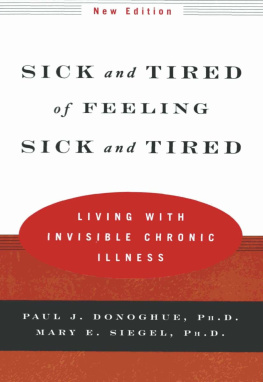
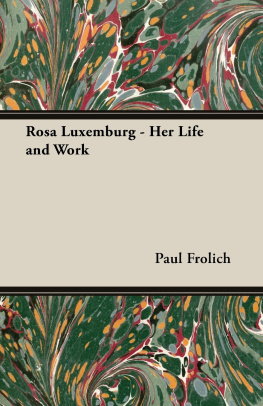

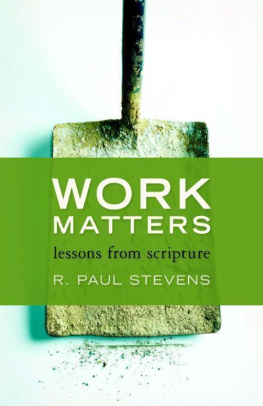
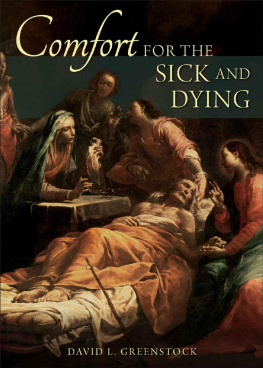

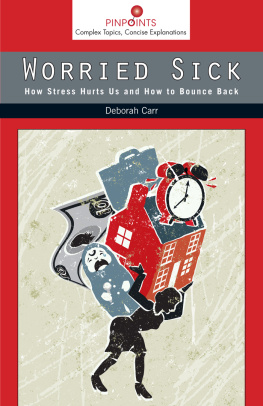
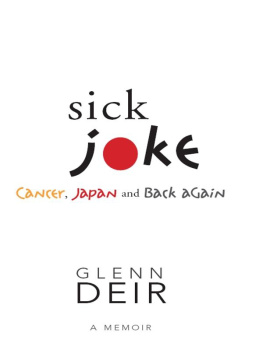
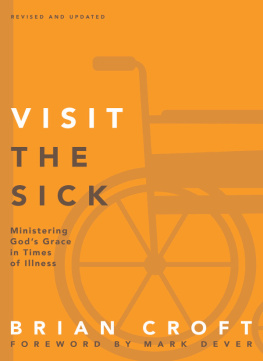
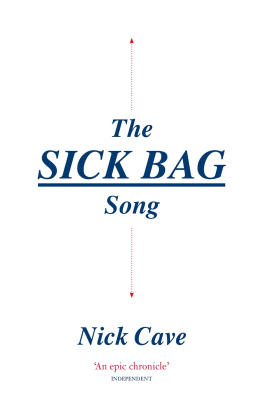
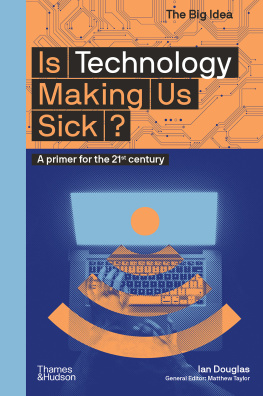
![Paul Muldoon [Paul Muldoon] - Poems 1968-1998](/uploads/posts/book/83661/thumbs/paul-muldoon-paul-muldoon-poems-1968-1998.jpg)

